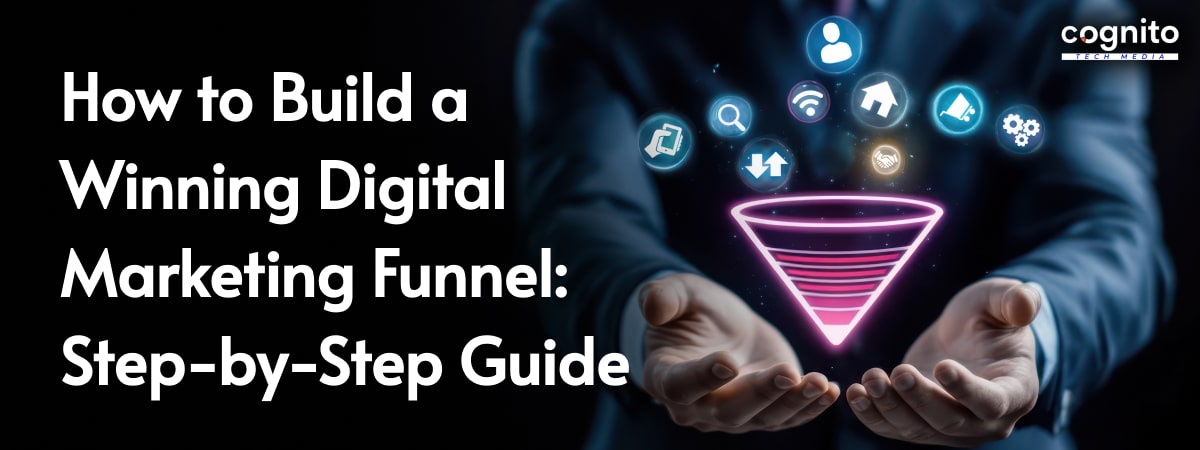In the fast-paced world of digital marketing, businesses can’t just rely on one-time ads or random campaigns to grow. To consistently attract, nurture, and convert potential customers, you need a digital marketing funnel.
A funnel helps guide your audience step by step—from discovering your brand to becoming loyal customers. In this guide, we’ll break down how to build a winning digital marketing funnel for your business.
What is a Digital Marketing Funnel?
A digital marketing funnel is a structured pathway that outlines the customer journey. It typically includes:
-
Awareness – when people first discover your brand.
-
Interest – when they start engaging with your content or offers.
-
Consideration – when they evaluate your products or services.
-
Conversion – when they make a purchase or take the desired action.
-
Retention & Advocacy – when satisfied customers stay loyal and recommend you to others.
The goal is to move your audience smoothly through each stage with the right strategy.
Step 1: Define Your Target Audience
Before building your funnel, understand who you’re targeting. Create buyer personas by analyzing:
-
Demographics (age, location, income)
-
Interests and pain points
-
Online behavior and platforms they use
👉 The clearer you are about your audience, the easier it is to design an effective funnel.
Step 2: Create Awareness
At the top of the funnel, your goal is to attract attention. Use strategies like:
-
SEO-optimized blogs and articles
-
Social media posts and ads
-
Influencer marketing
-
Free resources (guides, checklists, infographics)
Make sure your content educates and sparks curiosity, rather than selling right away.
Step 3: Build Interest and Engagement
Once people know about your brand, keep them engaged. Some effective tactics include:
-
Email newsletters with valuable tips
-
Webinars or live sessions
-
Engaging video content
-
Case studies and success stories
Here, you’re building trust and positioning your brand as an authority.
Step 4: Drive Consideration
At this stage, potential customers are evaluating whether you’re the right choice. Provide content that helps them decide:
-
Product demos or free trials
-
Comparison guides
-
Testimonials and reviews
-
Retargeting ads reminding them of your offer
This step helps remove doubts and objections.
Step 5: Conversion
Now it’s time to seal the deal. Make the purchase process simple and persuasive:
-
Clear CTAs (Call-to-Actions)
-
Discounts or limited-time offers
-
Easy checkout process
-
Multiple payment options
The smoother the process, the higher your conversion rates.
Step 6: Retention & Advocacy
A successful funnel doesn’t end at conversion. To maximize growth:
-
Offer loyalty programs or rewards
-
Send personalized follow-up emails
-
Provide excellent customer support
-
Encourage reviews and referrals
Happy customers often become brand advocates, bringing in more leads through word of mouth.
Final Thoughts
A digital marketing funnel is more than just a strategy—it’s the backbone of sustainable growth. By carefully guiding potential customers from awareness to advocacy, you create long-term relationships and a stronger brand presence.


